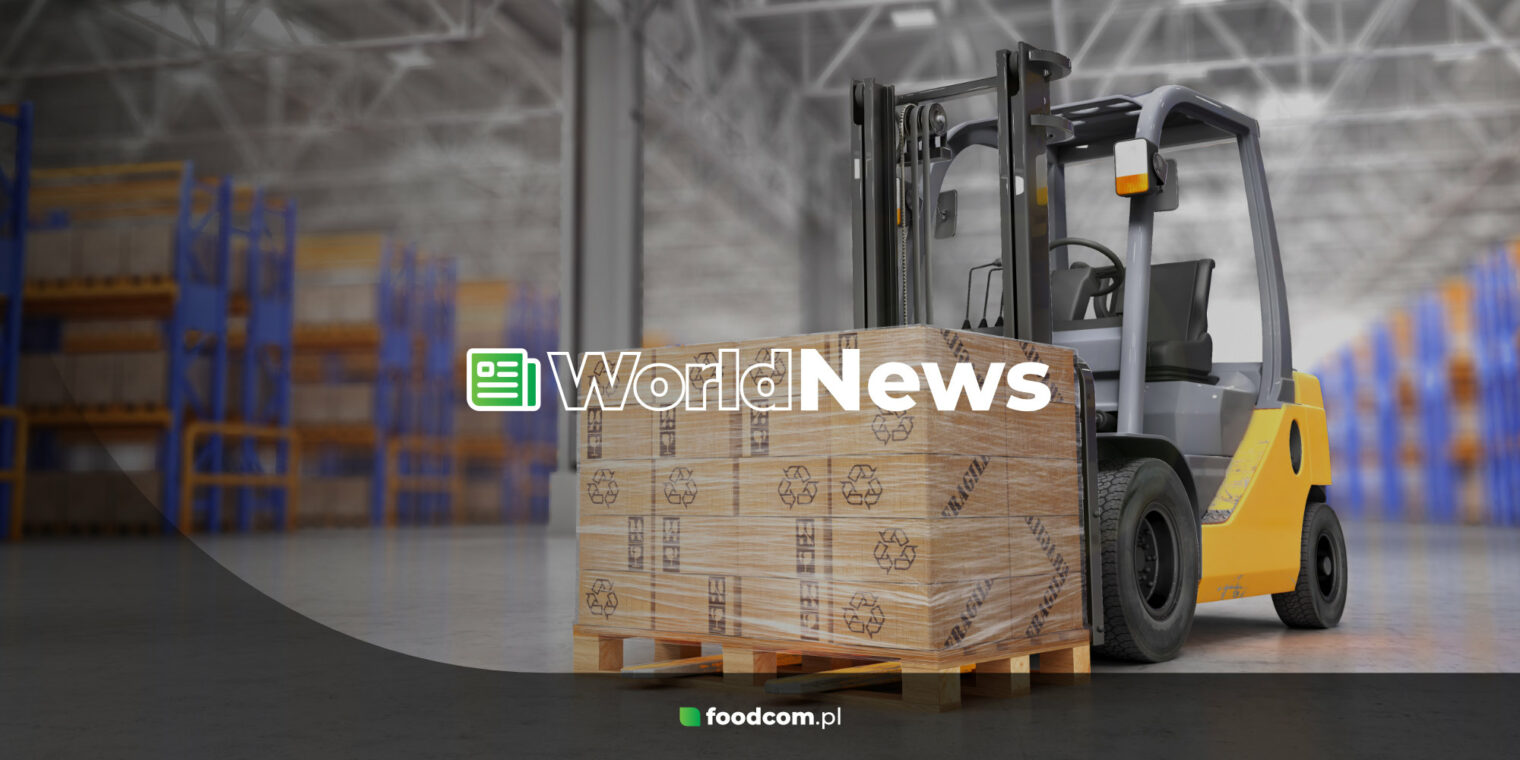Discover the selected highlights from the global innovation food market. Take a look at unexpected raw materials enabling biotech companies to develop sustainable alternatives to conventional dairy and protein sources.
Plant-based food market to be worth $ 162 billion within the next decade
A new report by Bloomberg Intelligence assessed that the market for plant-based nutrition could reach a value of over $162 billion by 2030 up from $29.4 billion in 2020. The skyrocketing demand for meat alternatives and healthy eating will help the sector to owe 7.7% of the entire global protein market. International food giants are continuously introducing plant-based items to their offer with a tangible success in sales records proving that the interest in green eating is perpetual. Within the next decade, meat alternatives may constitute 10% of the global meat market, while plant-based alternatives for dairy could make up 5% of its respective segment.
Fungus-based milk: ethical and highly sustainable
A California-based company named Perfect Day is using fungus to create milk containing proteins that are molecularly identical to the ones found in cow’s milk. With the help of an assembled gene, the fungus grown in fermentation containers produces whey protein, allowing for the manufacture of different dairy items. The product is vegan and highly sustainable – its production results in 97% fewer gas emissions than the conventional dairy plant. Ice cream and cheese made with Perfect Day’s milk is already found in the United States and Hong Kong while the new cream cheese offer is said to hit the shelves later this year.
Which came first? It was the egg, without the chicken
Although the vegan egg has already debuted in the plant-based market, a new offer by OsomeFood is said to be a different type of vegan egg. Singapore-based company is launching their OsomeEgg as a nutrient-packed superfood rich in essential amino acids and protein content. The product is made from algae and fermented fungi mycoprotein, it is free from gluten and GMO, and its manufacturing process is highly sustainable using 90% less land and water resources than regular production. OsomeFood has already successfully introduced other vegan alternatives to the Singaporean market such as fish balls and noodles.
There’s plenty of fish in the lab
Wildtype company is set to launch the first-ever sushi-grade salmon cultivated entirely in the lab from fish cells. The core value for the company’s founders Justin Kolbeck and Aryé Elfenbein was to provide sustainable, ethical, and available seafood alternatives. Lab-grown salmon is expected to reach sushi restaurants in the U.S. still this year after the FDA’s approval. Additionally, the founders plan to expand globally as they are already receiving requests from international markets in Asia, Middle East, and Latin America.
Can we eat air?
In the race for the most sustainable food production process, many companies cut down on water and energy consumption by as much as 90-95%. Finnish company Solar Foods may soon be taking the lead as their carbon-friendly protein uses only electricity and… air. Their innovative product called Solein is a protein grown from a single-celled microbe and its production process is fully independent of weather, irrigation, and fertilization. The only raw ingredients are carbon dioxide and electric power. The company’s goal is to minimize the use of natural resources for food production. Earlier this year, Solar Foods received €10 million in funding from the Finnish Climate Fund raising its total financing to €35 million which will be used to take the production of Solein to a commercial-scale level.
Lobster produced far away from the ocean
A China-based investment firm Dao Foods is targeting plant-based ventures, redefining the protein market and fueling the development of innovative brands. One of the businesses included in their Incubator initiative is Cultured decadence – a cellular agriculture firm producing recreated lobster in their Wisconsin-based laboratory, thousands of miles away from the ocean. The company announced this year that its total funding reached $1.6 million, including a contribution from Dao Foods. Cultured decadence’s offer is focused on lobster for now, but the company anticipates that their technology may be applied to a range of seafood alternatives such as shrimps, carp, and scallops.
5,000 hamburgers a day and zero cows involved
Future Meat Technologies, an Israeli innovator in the meat alternatives sector, has launched large-scale production in its facility based near Tel Aviv. Currently, the unit’s daily capacity is estimated at 500 kilograms, equivalent to 5,000 hamburgers. The factory offers cell-based chicken, lamb, and pork with beef to be included in the portfolio very soon, every item being free of GMO and animal serum. The company claims that the plant is the first facility in the world producing industrial cell-cultured meat. Future Meat also underlines the sustainability of the endeavor – the production process generates 80% less carbon dioxide and requires 99% less land and 96% less water compared to conventional meat production.







